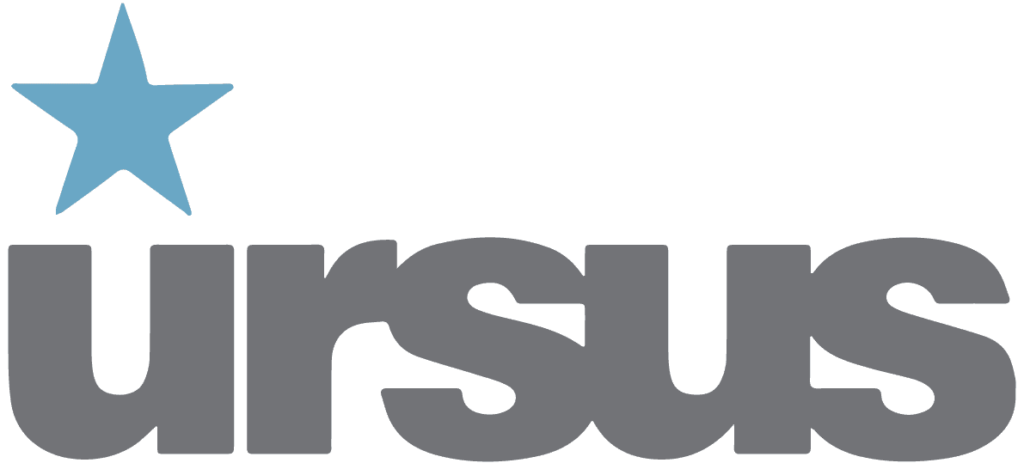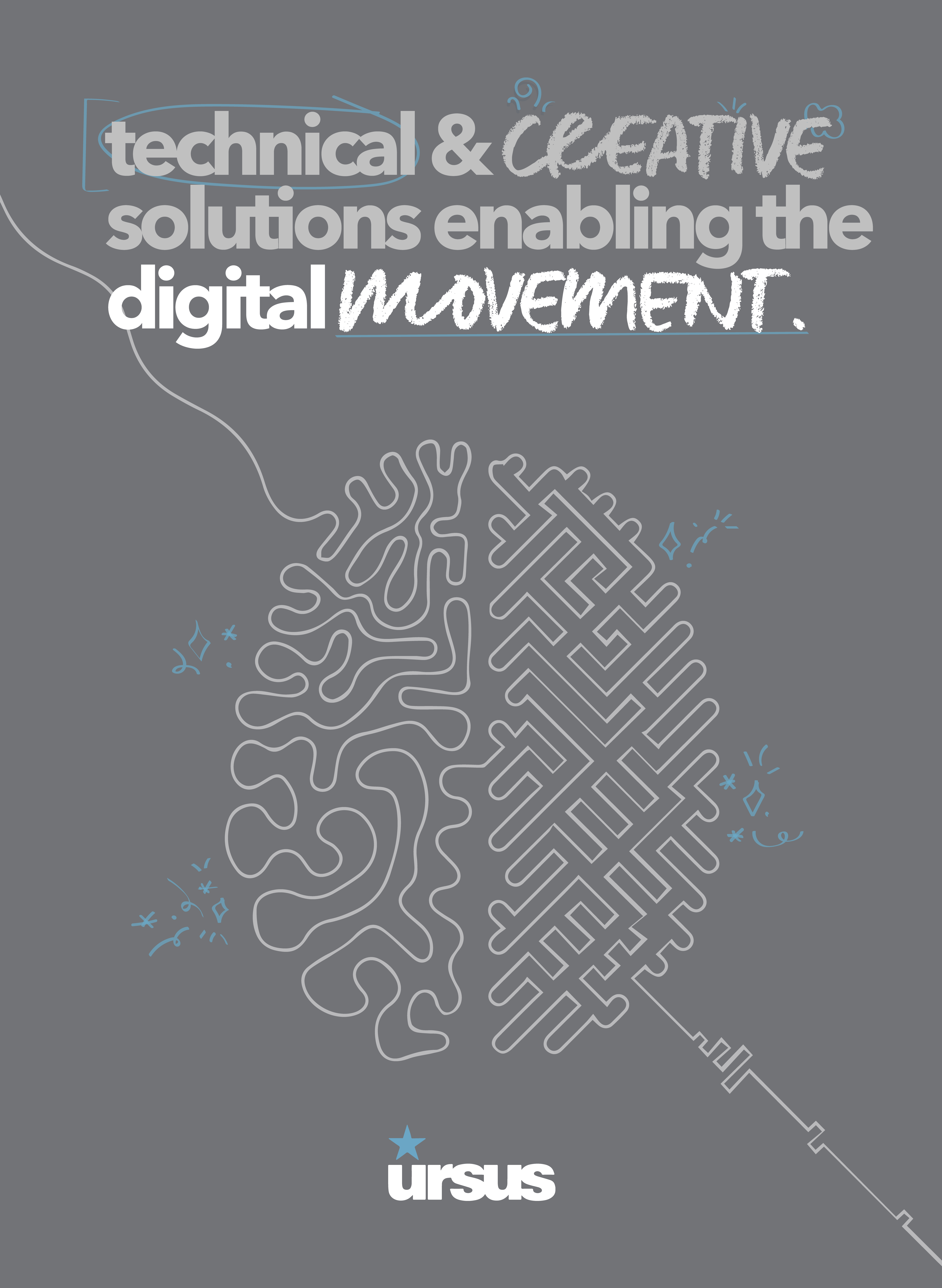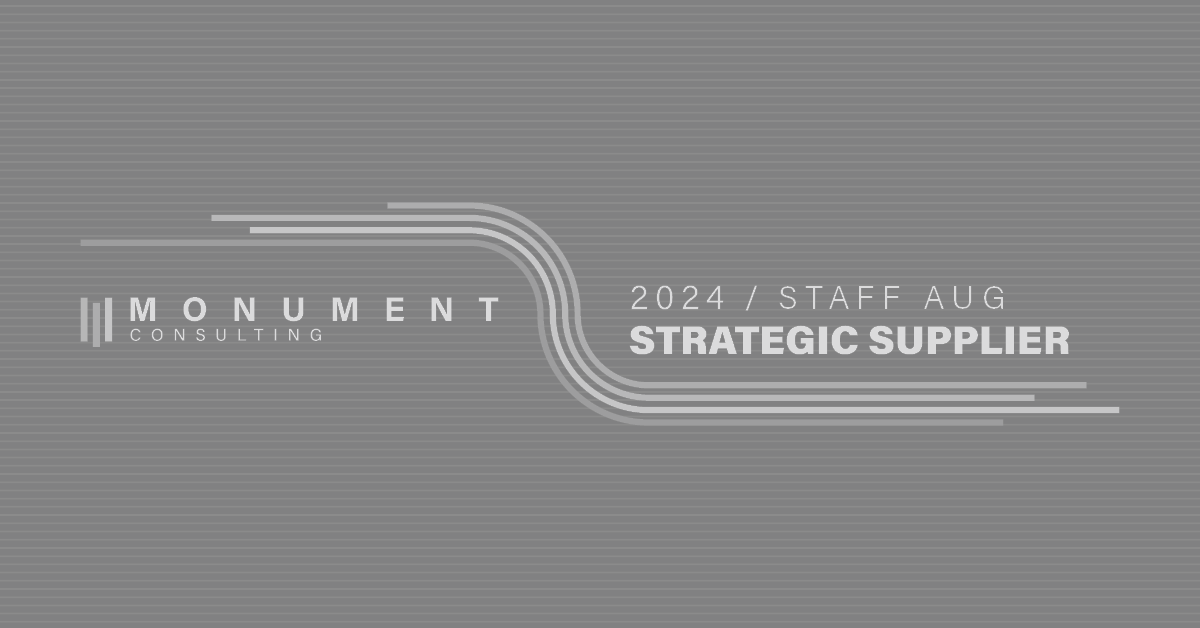Blockchain technology is one of the hottest jobs today. And if you’re looking for a career in this exciting industry, the future looks bright. In fact, one report shows the number of cryptocurrency and blockchain jobs jumped by 118% as of 2021. The same report also stated that the industry is finally maturing, as mainstream industries like finance, healthcare, and government are looking to adopt blockchain technology into daily operations.
However, with a field as new as blockchain, it can be difficult to know where to start. Fortunately, there are various paths to forge ahead in this exciting career. Let’s take a look at the various types of blockchain careers and how to get started.
What is Blockchain Technology?
Blockchain is a distributed digital ledger maintained by thousands of computers across the Internet, thus eliminating the need for an intermediary. It’s composed of blocks, which is where individual transactions are stored.
Anyone online can view the transactions in this ledger unless it’s a private blockchain. However, adding a new block requires a complicated process to verify this transaction without a central authority. Furthermore, once blocks are added, they are permanently in the blockchain; editing or removing of blocks isn’t allowed.
The main draw of blockchain is its transparency and security. All records are available for public view, plus they can’t be tampered with, which eliminates any possibility for fraud. Thus, any blockchain record can be considered an unchallengeable, single source of truth for any transaction.
These properties make blockchain very useful for recording sensitive information, such as digital coins and property ownership. They are also great for implementing smart contracts, which allow two or more parties to enforce the provisions of a deal without a potentially biased mediator.
The distributed nature of blockchain also makes it resilient against hacks and downtime, greatly increasing its reliability. Unsurprisingly, this is of great interest to governments and financial institutions.
Types of Blockchain Career Opportunities
There are many avenues you can take within this field, but here are some of the most common blockchain opportunities you’ll find.
Blockchain Developer
Blockchain developers make up one of the more fundamental roles in the industry. After all, they’re responsible for designing and creating the blockchain itself.
To make it as a blockchain developer, you need to have technical knowledge and skills in server-side programming. In addition, they typically need expertise in a wide variety of languages and technologies. These include Python, C++, JavaScript, SQL, REST, AJAX, and web technologies like HTML and XML.
Developers are one of the most in-demand jobs in the blockchain industry. A typical salary for one averages around $120K a month, with highly-skilled professionals commanding up to $150K or more.
UX Designer
Blockchain is something that seems complicated, even mysterious, to most people. Therefore, it’s important to remove this complexity and make blockchain applications easy to use. A big chunk of that task falls to user experience (UX) designers.
Contrary to what most people think, a UX designer isn’t just responsible for the user interface or UI. However, that’s a big part of their responsibilities. Instead, UX designers are responsible for engineering the entire user experience to make it user-friendly and seamless. Aside from the UI, they’re also accountable for app flow and information architecture.
A UX designer relies on a lot of different skills to be successful. Apart from design skills, they also need incredible attention to detail, research skills, and effective communication skills.
Quality Engineer
Quality engineers are an important part of any blockchain team, as they’re responsible for ensuring the quality and reliability of the project.
A big part of the role is testing every component to ensure the blockchain project runs flawlessly in the real world. They run a combination of manual and automation tests, as well as devising testing frameworks for the project. In addition, quality engineers also research and advise on which blockchain tools are most beneficial for the project.
To succeed as a quality engineer, you need technical and analytical skills. You also need excellent communication skills to successfully collaborate with everyone in the team, most especially developers and project managers.
Blockchain Solution Architect
As their name suggests, solution architects are responsible for planning out the technical architecture of a blockchain, including its usage and security. They also design how it connects with other components of the software.
Blockchain solution architecture is an emerging field and requires a near-comprehensive mastery of blockchain concepts and practical applications. Due to the nature of their work, solution architects also need to collaborate with almost every member of the team, from blockchain developers to the project manager. Thus, excellent communication skills are required for this role.
Project Manager
Blockchain projects are unsurprisingly complex, with plenty of moving parts. A project manager’s job is to orchestrate these moving parts to ensure the project runs on schedule. In addition, they are responsible for finding experts to help the company build blockchain solutions.
Like any project manager role, communication is a key skill. In addition, they need to coordinate with technical and non-technical members, and a thorough knowledge of blockchain is essential here. They also possess negotiation skills, especially when requesting more resources from upper management.
Legal Consultant
The legal implications of adopting blockchain technology are one of the roadblocks that many organizations face. This is especially true in industries like finance, which regulatory agencies oversee.
A legal consultant can help blockchain projects steer through these hurdles. They can advise teams on key regulations and laws that might affect the blockchain project and suggest ways to comply with them. This task is made more important if you consider that blockchain works globally. Hence, you need to deal with potential regulations from multiple countries.
On a daily basis, legal consultants mostly deal with writing legal agreements and doing due diligence research. However, to succeed, you need to have a comprehensive knowledge of blockchain technology and regulations in your country. As such, a law background is required.
Crypto Community Manager
Despite the popularity of blockchain projects and cryptocurrencies, many people still don’t understand what they do. Worse, many have a negative connotation of blockchain due to highly-publicized scams involving such projects.
Educating people and getting support for a blockchain project rests on the shoulders of a crypto community manager. In many ways, they are its key marketing arm. Community managers are especially crucial for garnering initial coin offering (ICO) investments.
The primary role of a community manager is to moderate and interact with users on social media and community channels. They also create resources like tutorials and videos. Because of their educational role, community managers need to have a passion and deep knowledge of blockchain and cryptocurrencies. In addition, great people skills are also necessary to help people believe in your project.
Analysts
Analyst jobs are one of the highest paying in the blockchain world, comparable to that of a developer.
One of the more common roles in this umbrella is as a risk analyst. Their role is to assess a blockchain project’s risk and find ways to mitigate this. In addition, they work closely with developers to implement such improvements, as well as help with project documentation.
Business analysts are another possible role. Their main job is to assess technologies and innovations to see if they’re the right fit. They can also help analyze processes and systems at a bigger picture level.
Analysts require both technical and business knowledge to do their job. They should also have excellent analytical and problem-solving skills.
Careers in Blockchain: How to Get Started
Figuring out how to get a job in cryptocurrency and blockchain technology might seem complicated. But in reality, kickstarting blockchain careers works the same as any other industry. Naturally, which position you apply for will depend on your existing professional or educational background. But here are additional steps you can take to get your foot in the door.
Enroll in Blockchain Courses
Before you can build your blockchain skills, you need to know the basics first. Blockchain technology is highly technical and quite complicated for beginners, so there might be a steep learning curve in the beginning.
Fortunately, there are plenty of free resources online for learning blockchain basics. You can even learn a lot from watching YouTube videos explaining blockchain concepts.
Once you’ve learned the basics and determined a blockchain career is right for you, it’s time to invest in a blockchain course. Many universities and learning platforms like Coursera offer both introductory and advanced courses. Doing this can help solidify your knowledge and prepare you for blockchain technology jobs.
Connect with the Blockchain Community
Joining and participating in the blockchain community is one of the most important steps you can take for your career.
For one, it allows you to learn from professionals in the field. In addition, many groups hold blockchain conferences and events that can help you further improve your knowledge by letting you in on the latest advancements that most courses don’t cover.
But more importantly, it allows you to build your network. This can be valuable later on for giving you access to blockchain job opportunities and projects that can help advance your career. You can also get career guidance and even mentorship from blockchain experts willing to take you under their wing.
Hone Your Technical Skills
Blockchain careers are inherently technical. So, if you want to delve into that side of the industry, you need to beef up your skills.
For the vast majority of jobs in this field, above-average programming skills are a minimum requirement since you’ll be relying on them to implement blockchain software and routines. However, deep knowledge of programming languages is also a key requirement for many tasks like creating smart contracts or maintaining blockchain security.
Aside from programming skills, you also need to learn about distributed computing because the blockchain itself runs in a distributed system. Therefore, knowing the ins and outs of this computer science field is crucial if you want to maximize the power of blockchain.
Finally, try to master cryptography. By its nature, blockchain involves sensitive data, so you need to implement encryption and various other cybersecurity techniques.
Get Certified
Certification is always a welcome aid that can help propel blockchain careers. It’s an excellent proof of your mastery and understanding of blockchain technology to potential employers and partners. This can help make the hunt for jobs in blockchain technology significantly easier and can even open you up to a higher salary.
Often, certification is part of a comprehensive online course. So, if you’re planning to enroll in one, try to check if it offers a certification exam at the end.
When looking for certification, it’s important that you get one from a reputable institution or university. Remember, a certificate only works if the one vouching for your skill has the reputation to back it up.
Work on Personal Projects
Learning blockchain isn’t all just theory. To fully drive the concepts home in your mind, you also need to practice on actual applications of what you’ve just learned. So, for example, if you’re after a developer job, try to code a blockchain app project on the side.
You can also volunteer for internships or freelance work that involve blockchain opportunities. For instance, if you want to be a blockchain marketer, try finding a startup and propose a marketing campaign for them.
Doing these side projects isn’t just for honing your skills; they can also form your portfolio. You can then show them to potential employers as proof that you know what you’re doing.
Start Applying to Blockchain Jobs
Once you’ve built your skills, portfolio, and credentials, the final step is to get an actual job in the blockchain industry. This is where you can apply what you’ve learned and exchange it for a salary.
The blockchain job market is relatively small. True talent is hard to come by, so there’s always demand for candidates with blockchain expertise. As long as you have the skills to back it up, getting hired is a possibility.
Everyone knows the San Francisco Bay Area is the beating heart of tech jobs. Begin your job search with one of the top Bay Area staffing agencies. The Ursus platform helps connect job seekers to hiring managers across various organizations – from established Fortune 500 companies to promising startups.
Our job openings are updated daily, so there’s always a chance you’ll find the job that can kickstart your blockchain career. Contact us and make your next career move today!
